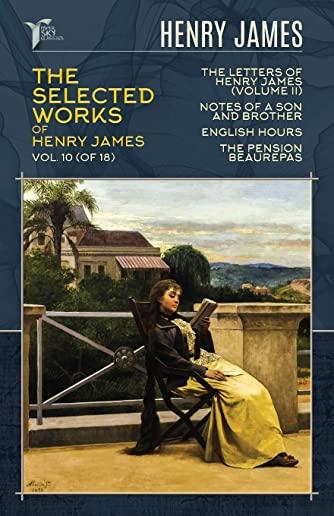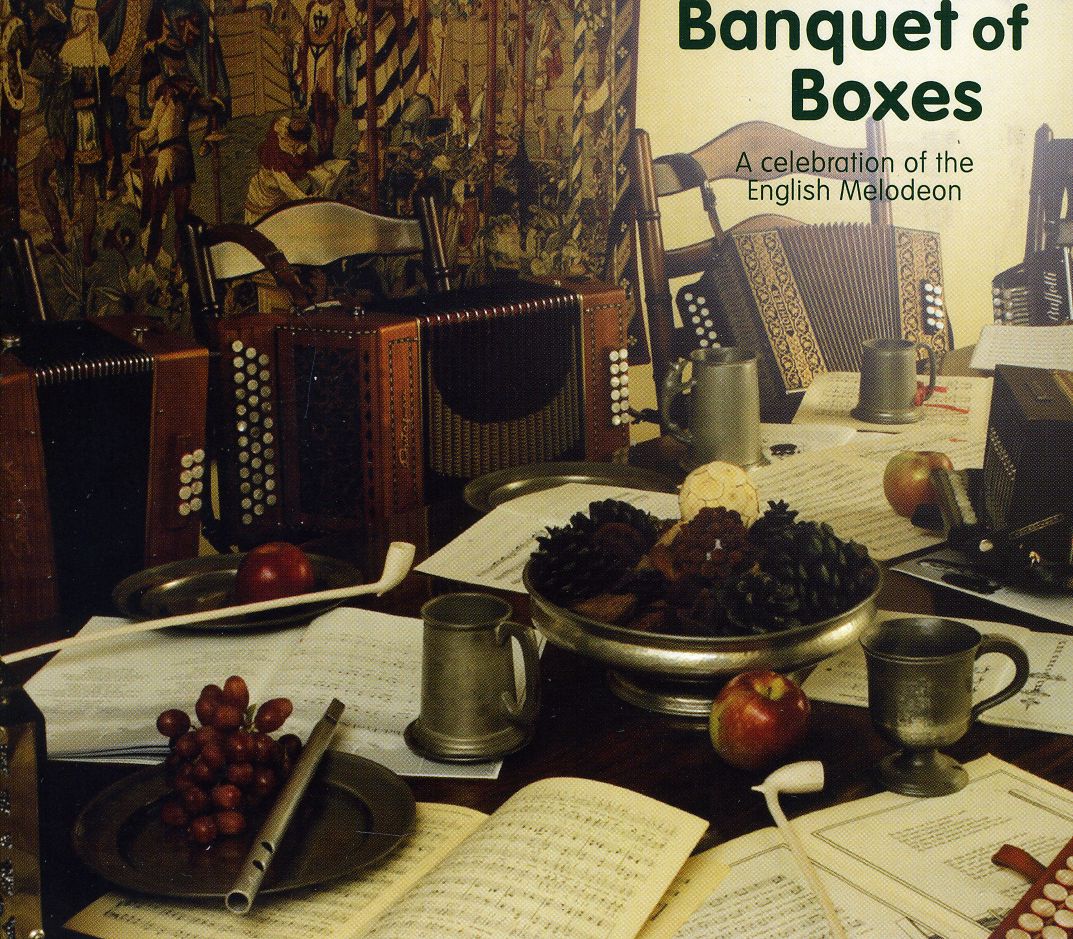
James, Henry
Notes of a Son and Brother is an autobiography by Henry James published in 1914. The book covers James' early manhood and tells of "the obscure hurt" that kept him out of the Civil War, his first efforts at writing fiction, and the early death of his beloved cousin, Minny Temple, from tuberculosis.
In this second installment of his autobiography James begins to use family letters, especially those of his brother William and his father Henry James, Sr. Scholarship has shown that James altered the letters with revisions of his own.
The book covers the Civil War years, which saw James' younger brother Wilky seriously injured and brought back to the family home in Cambridge, Massachusetts. James himself was exempted from service due to a back injury, the "obscure hurt" he suffered while putting out a fire with the local volunteer fire department. Meanwhile, James pursued his writing and earned his first fourteen dollars, which he looked at long and proudly. He began to place critical pieces and short stories in magazines like the North American Review, The Nation and The Atlantic Monthly.
James' older brother William vacillated between art and science but finally settled on the latter, though many years would pass before he became the philosopher and psychologist of enduring fame. James offers a vivid portrait of his sometimes whimsical father, who insisted that his children "be something" instead of going in for "mere doing." The final chapter of the book covers the ill health and death (at 25) of James' spirited and appealing cousin, Minny Temple. James quotes extensively from her touching letters and says that, for himself and William, her death was "the end of our youth."
English Hours is a book of travel writing by Henry James published in 1905. The book collected various essays James had written on England over a period of more than thirty years, beginning in the 1870s. The essays had originally appeared in such periodicals as The Nation, The Century Magazine, Scribner's Magazine, The Galaxy and Lippincott's Magazine. James wrote a new introduction for the book and extensively revised many of the essays to create a more coherent whole.
England was James' adopted country, so it is not surprising that the essays in English Hours are primarily positive and sometimes downright cheerful. The essay on London which begins the book gives full play to the British capital's definitely non-beautiful impression on James when he arrived in 1869:
"It was not lovely - it was in fact rather horrible; but as I move again through dusky, tortuous miles, in the greasy four-wheeler to which my luggage had compelled me to commit myself, I recognize the first step in an initiation of which the subsequent stages were to abound in pleasant things."
Some of the most pleasant things were James' trips to the English countryside, memorably described in essays such as "North Devon," "In Warwickshire" and "Old Suffolk." James grew particularly affectionate towards his eventual hometown of Rye, East Sussex and its surrounding area, as he recounts in "Winchelsea, Rye and 'Denis Duval'."
But James never loses his love for the metropolis on the Thames, as "he reflects with elation that the British capital is the particular spot in the world which communicates the greatest sense of life." He writes with unfailing enthusiasm of "the dreadful, delightful city" he would come to know so well.
member goods
listens & views

BANQUET OF BOXES: CELEBRATION OF ...
by BANQUET OF BOXES: CELEBRATION OF ENGLISH MELODE /
COMPACT DISCout of stock
$10.99






